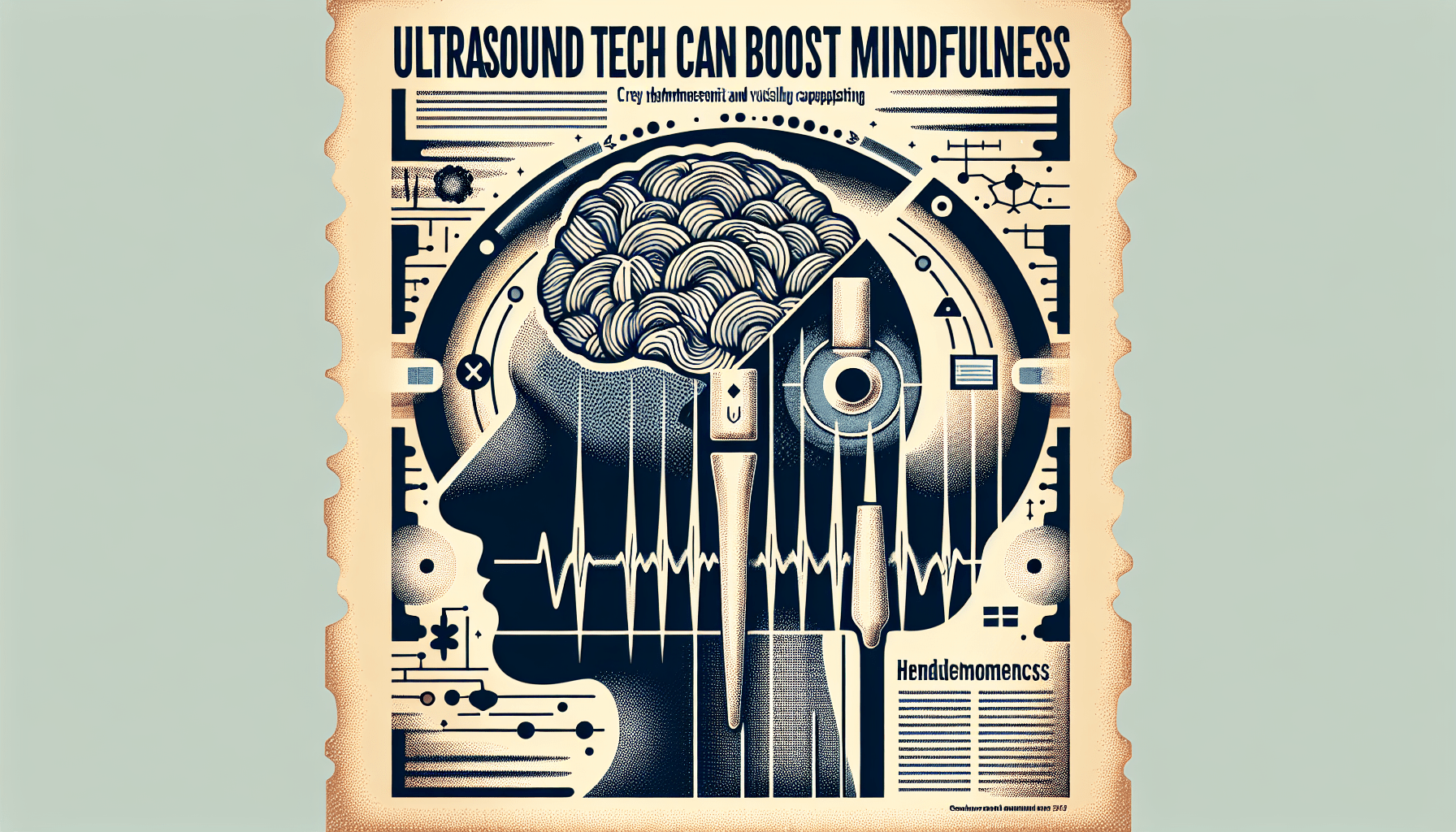In embracing the art of mindful eating, you embark on a journey that promotes a deep, unjudgmental connection with your food and body’s signals. Derived from the teachings of mindfulness and Buddhism and researched by Jon Kabat-Zinn, mindful eating is not just a diet but a transformative lifestyle shift. This approach encourages you to focus on the sensory experiences of eating, tuning into how different foods affect your mood, digestion, and overall energy levels. With an emphasis on being present and compassionate towards your food choices, mindful eating can help prevent unhealthy eating patterns and foster a sustainable, stress-free relationship with food, thereby contributing to a balanced body weight and the alleviation of certain chronic health conditions. Have you ever found yourself eating an entire meal without truly tasting it, or worse, realizing that you’ve finished your food and you barely remember eating it? It’s a common issue in our fast-paced world, where meals are just another task to check off the list. But what if there were a way to rediscover the joy in eating, to connect more deeply with your foods, and to foster a healthier relationship with meals? This is where mindful eating comes in.

Mindful Eating Defined: A Path to Present Moment Awareness
Mindful eating is not just another dieting trend; it’s a transformative approach to food that calls for complete engagement with the act of eating. It emphasizes sensual awareness and encourages you to focus all your attention on the present moment, doing so without any form of judgment. Rooted in the principles of mindfulness and Buddhism, this approach was brought to mainstream attention by Jon Kabat-Zinn, a renowned professor of medicine and mindfulness expert.
Key Principles of Mindful Eating
The essence of mindful eating centers around a lifestyle change rather than a diet. Unlike restrictive diets that can often lead to cycles of guilt and deprivation, mindful eating promotes a sustainable approach. It emphasizes an understanding of how different foods affect your mood, digestion, and energy levels. The practice encourages you to become attuned to your body’s natural hunger and fullness cues.
Understanding Hunger and Fullness
In today’s environment, external cues often dictate our eating habits. Advertisements, clock times, social settings, and even stress can prompt us to eat regardless of whether we’re actually hungry. Mindful eating helps you re-connect with your body’s natural signals of hunger and fullness, allowing you to eat when truly hungry and stop when satisfied.
Being Present and Non-Judgmental
Being present means fully engaging with the experience of eating, without distractions. This includes paying attention to the colors, smells, textures, and flavors of your food. Non-judgment means letting go of the “good vs. bad” food mentality. Instead of placing moral values on your food choices, you can focus on how different foods make you feel, both physically and emotionally.
| Principle | Description |
|---|---|
| Understanding Hunger and Fullness | Tuning into your body’s natural signals to eat when hungry and stop when satisfied. |
| Being Present | Fully engaging with the experience of eating, including sensory aspects like texture, smell, and taste. |
| Non-Judgment | Letting go of the “good vs. bad” food dichotomy, focusing instead on the effect foods have on your body. |
The Health Benefits of Mindful Eating
Embracing the practice of mindful eating offers a treasure trove of health benefits. By fostering a deeper connection with your eating habits and becoming more attuned to your body, you can improve not just physical health but mental well-being as well.
Preventing Over- or Under-Eating
One of the most significant benefits is the prevention of over- or under-eating. By recognizing your hunger and fullness cues, you can more accurately gauge when to start and stop eating. This balanced approach can help in maintaining a healthy body weight without the restrictions often imposed by traditional dieting.
Contributing to a Healthy Body Weight
Mindful eating inherently promotes moderation and balance. By being consciously present during meals, the likelihood of overeating due to distractions or emotional cues diminishes. As a result, it contributes to maintaining a healthy body weight naturally, without the need for extreme diets or drastic calorie restrictions.
No Food Restrictions, Promoting Sustainability
Unlike many diets that impose strict do’s and don’ts, mindful eating has no food restrictions. This lack of prohibition removes the accompanying guilt and rebellion that often leads to yo-yo dieting. It encourages a sustainable way of eating where every food has a place, fostering a healthier and more lasting relationship with food.
Reducing Stress Around Food Decisions
Decision fatigue and stress surrounding food choices are real issues. Constantly questioning what to eat, fearing the repercussions of “bad” foods, or dealing with societal pressures can sap your mental energy. Mindful eating reduces this stress by encouraging a judgment-free approach to food, focusing instead on listening to your body.
May Alleviate Chronic Health Conditions
Practices that prioritize the connection between mind and body, like mindful eating, may also have a role in alleviating chronic health conditions. For example, it can improve gastrointestinal disorders by promoting more mindful chewing and digestion. The reduced stress and increased mental clarity that come with mindfulness can also aid in overall well-being.

Potential Risks of Mindful Eating
While the practice of mindful eating comes with numerous benefits, it’s crucial to acknowledge that overemphasis on mindfulness can have its drawbacks. Like any lifestyle change, balance is key.
Minimal Risks
Generally, the risks associated with mindful eating are minimal. The practice is tailored to be inclusive and non-restrictive, making it accessible to almost everyone. However, it is essential to understand the practice’s limits and integrate it with other healthy eating habits for it to be genuinely effective.
Avoiding Stress and Disordered Eating Habits
An overzealous focus on mindful eating could lead to stress or potentially disordered eating behaviors. Becoming too meticulous about mindfulness practice during meals might create anxiety instead of alleviating it. The key is to be gentle with yourself and recognize that perfection is not the goal.

Practical Tips for Mindful Eating
If you’re intrigued by the concept of mindful eating and would like to explore it further, here are some actionable steps to get you started.
Approach Meals with Curiosity, Purpose, and Openness
When you sit down for a meal, approach it with an open mind. Be curious about the textures, colors, and smells. Take a moment to appreciate the origin of the food and the effort that went into preparing it. This practice can create a deeper sense of gratitude and enjoyment.
Practice Non-Judgment Towards Food and Yourself
It’s crucial to practice non-judgment towards both the food you consume and your eating habits. Release the self-imposed judgments about “good” or “bad” foods, and focus on the nourishing aspect of your meals. Accept your cravings and choices without guilt.
Avoid Distractions While Eating
In our multitasking world, it’s easy to eat while watching TV, scrolling through your phone, or working on a computer. However, to practice mindful eating, it’s essential to avoid these distractions. Try to set aside dedicated time and space for your meals.
Set Intentional Time for Meals
Instead of rushing through meals, intentionally allocate time to enjoy your food. Sit down at a table, away from distractions, and give yourself permission to focus solely on eating. This could mean taking a few extra minutes to savor your food instead of gulping it down quickly.
Savor Each Bite and Its Sensory Aspects
Take the time to savor each bite, focusing on the sensory experiences involved. Pay attention to the texture, taste, and aroma of the food in your mouth. This not only enhances the pleasure of eating but also aids in better digestion and satisfaction.
Consider Keeping a Food Journal
A food journal can be an excellent tool for understanding your thoughts and feelings around food. Write down what you eat, but also note your hunger levels, emotional state, and any reflections you have about the meal. This practice can provide valuable insights into your eating habits and how they affect your well-being.
Switch Up Eating Habits
Sometimes, subtly changing your habits can help bring more mindfulness to your eating. Try using your non-dominant hand to eat, which will naturally slow you down and make you more conscious of each bite. This exercise can also break any autopilot eating habits you may have developed.
Seek Professional Support If Needed
If you find yourself struggling to practice mindful eating or notice an unhealthy relationship with food, it’s a good idea to seek professional help. Registered dietitians, nutritionists, or mental health professionals can offer valuable guidance and support.

Conclusion
Mindful eating offers a transformative path to achieving present moment awareness and fostering a healthier relationship with food. By focusing on the experience of eating, understanding your body’s cues, and practicing non-judgment, you can reap numerous physical and mental health benefits. Although the practice comes with minimal risks, it’s essential to approach it with balance and gentleness.
Ultimately, the practice of mindful eating is a lifestyle change that calls for curiosity, openness, and intentional time for meals. Keeping a food journal, savoring each bite, and avoiding distractions are just some of the practical tips to get started on this journey. And remember, professional help is always available if you find yourself struggling. Bring mindfulness to your meals, and watch as your relationship with food transforms in refreshing and nourishing ways.




